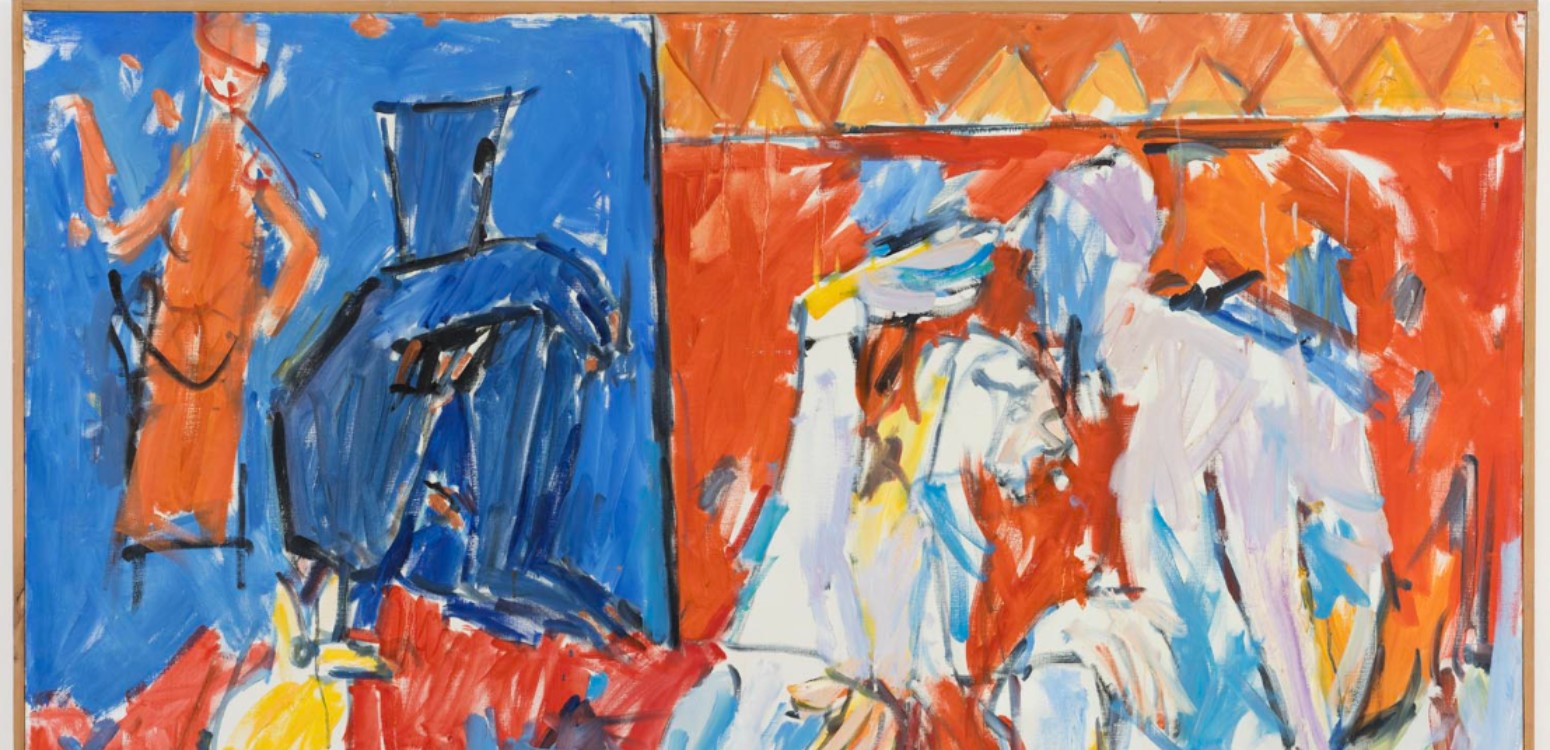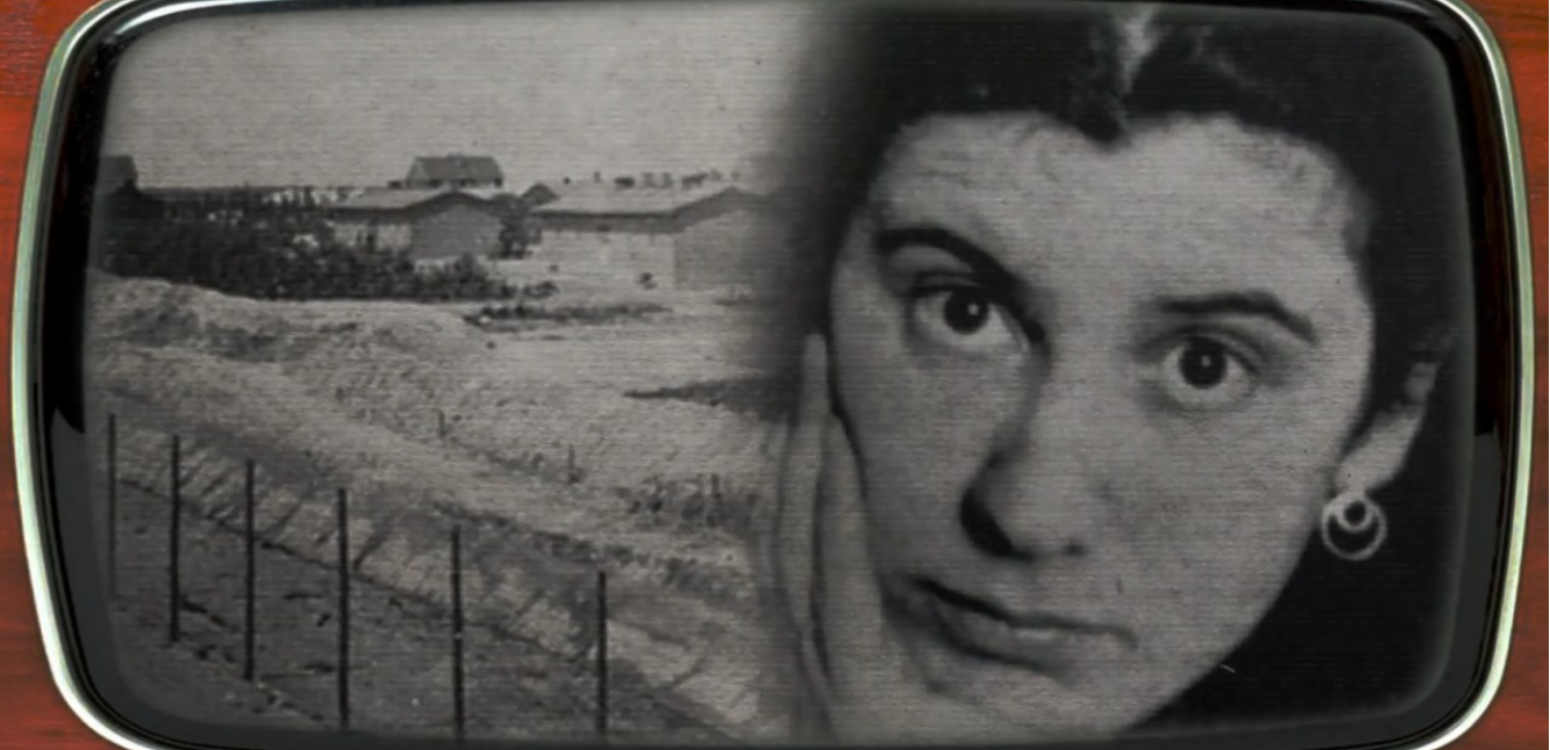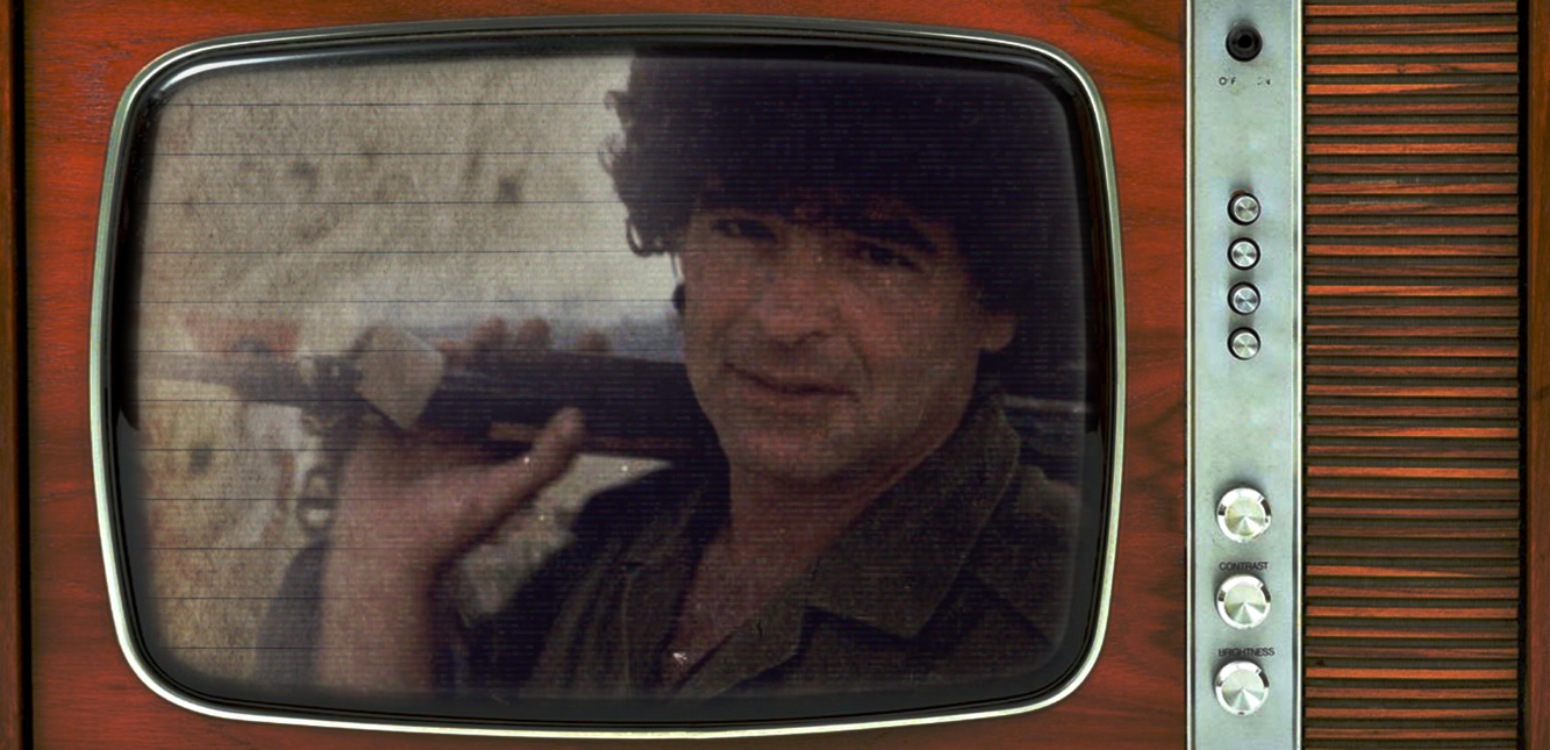
With Hitler's rise to power, Gandhi proposed to oppose the persecution of the Jews in a nonviolent way. Despite his admiration, Martin Buber sent him an angry letter. This interview with researcher in Indian studies Dr. Shimon Lev, originally published in Hebrew a year before October 7, is more relevant than ever
In the national landscape of the days before the establishment of the State of Israel, during which the Arab-Jewish conflict became increasingly violent, the peace-seeking voice of Martin Buber (1878-1965) stands out. Buber’s philosophical outlook promoted dialogue, and he was one of the central members of the Brit Shalom movement (literally “covenant of peace”) – a group of Jewish Zionist intellectuals which, some 20 years before World War II, called for the establishment of a binational state of Jews and Arabs in post-mandatory Palestine. However, it was Buber, along with the Brit Shalom supporter Judah Leon Magnes (1877-1948), who opposed the idea that Jews should take a path of nonviolent resistance to Nazi persecution.
The most prominent voice calling for this was that of Mahatma Gandhi (1869-1948), the Indian leader known for his adherence to the principle of nonviolence. In 1938, he published a statement in which he suggested that Jews should resist Nazi rule non-violently, on the assumption that if the Jews did so, perhaps it would melt Hitler’s “heart of stone.” His words (which proved to be absurd in the face of the dimensions of the Holocaust) provoked fierce opposition. Buber, who saw Gandhi as a role model, wrote him a letter of response on which he labored for many days. In that letter he explained to Gandhi that Jews are being tortured and killed by the Nazis, and therefore cannot, in this case, proclaim a doctrine of non-violence. Buber explained that even though the Jews do not want violence, they have no choice since in his opinion a man must sometimes resort to violence to save his own life, and even more so the lives of his children. But Gandhi never responded.
The matter fell through
“It’s a mystery,” claimed Dr. Shimon Lev, artist, curator and researcher in Indian studies focusing on the encounter between the Jewish and Zionist world and India, when I asked him how come Gandhi never answered the letters Martin Buber and J. L. Magnes sent him. “The question is not only why he didn’t respond; the question is whether he even read the letter, and the answer is that he most likely didn’t. It would have been inappropriate for Gandhi not to respond to an important philosopher like Buber. After all, the letter could have allowed him to spread his teachings. Furthermore, over the years, Gandhi took the trouble to answer letters from much less important people, and so we tend to conclude that Gandhi did not read Buber’s and Magnes’ letters at all. After the Holocaust, in 1946, Louis Fischer, an American Jew from New York and a friend of Magnes’ who wrote Gandhi’s biography, ‘The Life of Mahatma Gandhi,’ asked Gandhi about these letters. Gandhi replied at the time that he did not remember what they were about. The assumption is that Gandhi and his entourage were in transit between ashrams, and the matter fell through.
There is also a more conspiratorial theory, according to which Gandhi’s secretary deliberately did not deliver the letter to him because he did not agree with Gandhi’s softening of his opposition to Zionism at that time. In fact, in research, Buber and Magnes’ letters to Gandhi are constantly referred to as the dialogue between Gandhi and Buber,’ but in reality, there was no dialogue: there was an article that Gandhi published and a letter that Buber sent that was never answered. But even today, this topic continues to preoccupy many researchers and the reason is that it actually touches on a sensitive point and tests the limits of the theory of nonviolence.
Gandhi avoided discussing the Holocaust
“Even in retrospect, Gandhi avoided discussing the Holocaust after the media learned about it. I don’t think it was because he changed his mind, on the contrary, I think he realized that it was better for him to remain silent precisely because he stuck to his position despite everything. One must understand that a fundamental issue here is the different, almost opposite, attitude to death of the two cultures. The only reference Gandhi made to the Holocaust that I found is in that biography by Louis Fischer. Gandhi told him that the Holocaust was the greatest crime committed by humanity, but argued that he was right – the Nazis killed Jews anyway, so he would have preferred that the Jews had committed suicide (like at Masada) or died while resisting (like Janusz Korczak, for example) in order to die with dignity. From Gandhi’s perspective, the Jews should have resisted even in small ways. If they were told, for example, to gather in the square, they should not have done so. In his view, any resistance is preferable to obedience and surrender, even if it is hopeless. From Gandhi’s perspective, the hierarchy is, in ascending order, as follows: the meek, the submissive, the obedient who do not resist at all; those who resist violently; those who resist non-violently.”
Gandhi also wrote letters to Hitler. What was behind his choice to do so?
“Gandhi didn’t exactly send Hitler letters. He published letters addressed to him in the press. In the letters, he addresses Hitler as ‘my dear friend,’ and that’s what shocked everyone and still does today. But if Gandhi hadn’t addressed Hitler in this way, he wouldn’t be Gandhi; for him, even the greatest enemy is a person, and the principle is to separate evil from evildoers. This is an essential part of his doctrine. Later in the letter, Gandhi also writes to Hitler, ‘I don’t believe you are such a monster.’ At this point, many people, and certainly those who weren’t Europeans, didn’t know who Hitler was. In Gandhi’s overall view, you have to do what you have to do, regardless of the outcome – a fundamental principle in the Hindu scripture the Bhagavad Gita. As Gandhi saw it, he had to write a letter to Hitler to prevent war, even though that had no chance of succeeding, and that’s what he did. He also wrote to Hitler that in the end his violence would be defeated by greater violence – which actually happened.”
Reading these letters today, they seem naive and perhaps irrelevant. Did he really think that the principle of nonviolence could be relevant in World War II?“Of course, the question arises whether the theory of nonviolence is always relevant or only under certain conditions. The theory is based on a reality in which there is a connection between the attacker and the victim, but, for example, in the case of a pilot who drops an atomic bomb, there is clearly no connection between them, and the victim has no chance of ‘melting the heart’ of that pilot. Similarly, the Jews in the Holocaust had almost no such chance. The question is whether Gandhi could even understand Hitler’s extreme evilness. Gandhi compared the situation of the Jews to that of the Indians in South Africa during his struggle at the beginning of the XX century, but it is clear that this is a completely absurd comparison. No one in South Africa went on a campaign of mass killing of Indians, and therefore Buber writes to him explicitly: ‘I lived for eight years under Nazi rule, and I saw many attempts at non-violent resistance; that doesn’t work.’”
Is nonviolence different from pacifism?
“Yes. In the end, Gandhi chose to coin a new term and not use existing concepts such as civil disobedience, disobedience, non-cooperation, etc. These terms did not satisfy him because, for him, the emphasis is that choosing nonviolent resistance is a position of strength. It is a moral choice and not an act done out of lack of choice and weakness. The essence is to try to transform the opponent: the choice of suffering is made for a higher principle, and you are willing to engage in dialogue with the opponent, and you are also willing to give up a lot for them. You make a distinction between evil itself and a bad person. By the same token, Gandhi did not support death penalty. For him, both the murderer and the rapist are first and foremost human beings. It is also important to remember that Gandhi did not give the advice to practice nonviolence specifically to Jews, and therefore the widespread claims about anti-Semitism are irrelevant. Gandhi gave the same advice to all the conquered peoples of Europe – the British, the Czechs, etc.”
In his famous essay “I and Thou,” Buber deals with dialogical relationships between people, based on honest and direct relationships of affinity. What happens to Buber’s concept of “I and Thou” during war time? Every man for himself? Is it possible to have an “I and Thou” relationship between victim and attacker?
“It should be remembered that Buber and Magnes, who wrote letters of opposition to Gandhi’s article, both admired him, or at least saw him as a role model because of the coherence between his politics and morality. In 1930, Buber wrote an article about Gandhi, in which he demonstrates and emphasizes the fact that Gandhi’s considerations in politics are moral and not political. Both Buber and Magnes were members of Brit Shalom, a group of Jerusalemite intellectuals who aspired to create a binational state with the Palestinians, similar to the Hindu-Muslim unity that Gandhi wanted to create in India – for moral reasons and to prevent apartheid.”
Gandhi seems to be seeking to nullify the human instinct expressed in the Jewish moral maxim “If someone comes to kill you, kill them first,” expecting a person not to act violently even when their life is in danger. Does this mean that for him surrender or death will always be preferable to fighting back?
“No. That’s only half true. Gandhi’s emphasis is on resisting non-violently. His argument is that you have to resist! Don’t be passive! If a German comes to you, don’t cooperate. That’s the exact opposite of surrender. Resistance may even cost you your life. It’s resistance by choice; not resistance out of the lack of choice of the weak. The emphasis is on resistance – to not be humiliated – and at the same time to understand that you can’t act against evil with evil. Nonviolence is not a state of no choice. It’s a conscious moral choice that has Christian and Hindu aspects – “to turn the other cheek” as it appears in the Sermon on the Mount. Gandhi doesn’t see value in life itself. He was willing to die many times, and when you think about it, those who are not afraid of dying have a lot of strength. We always think of wars and violent struggles in this context, but I think that ultimately, one of the things we can learn from Gandhi is the ability to say: ‘This is it. I’m not willing to take any more than that, and I’ll pay the price.”
This article was originally published in Hebrew.
Main Photo: Mahatma Gandhi and Martin Buber\ Wikipedia
Also at Beit Avi Chai



















